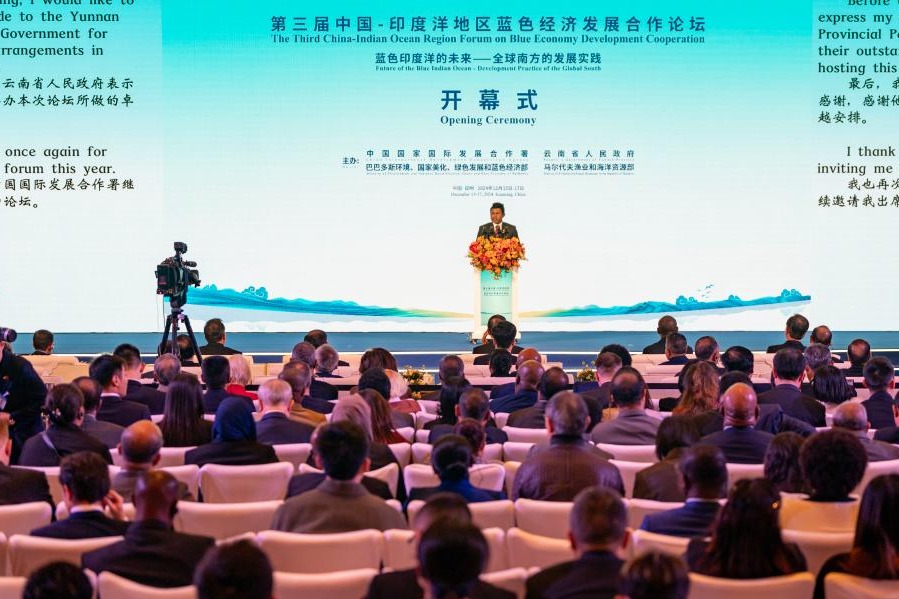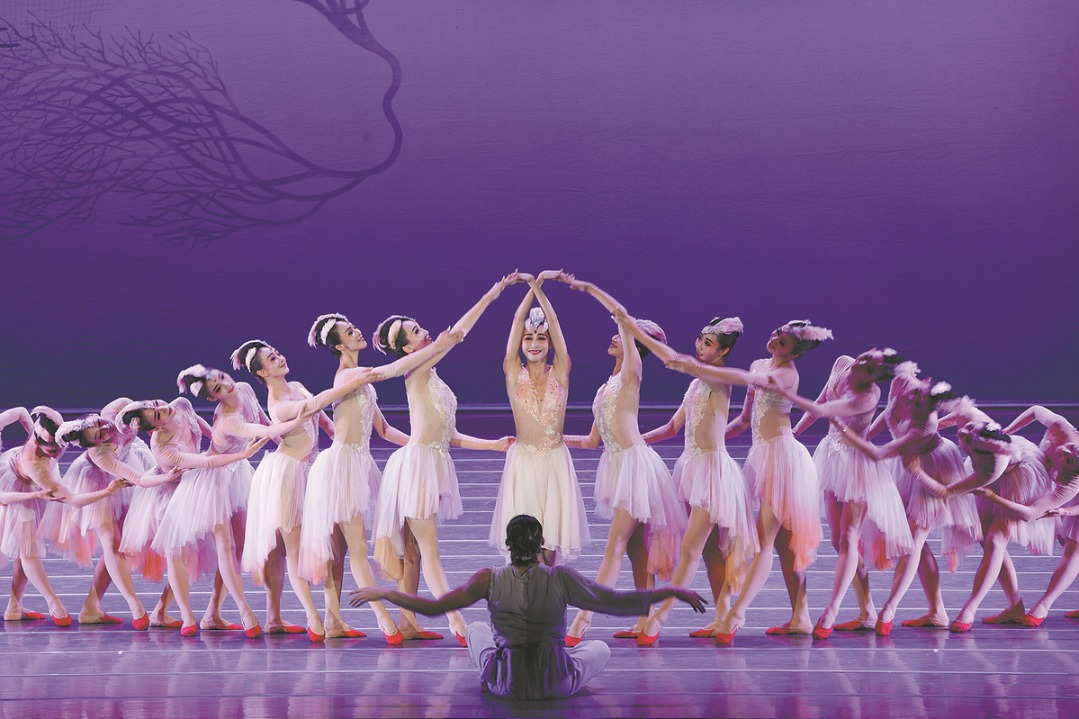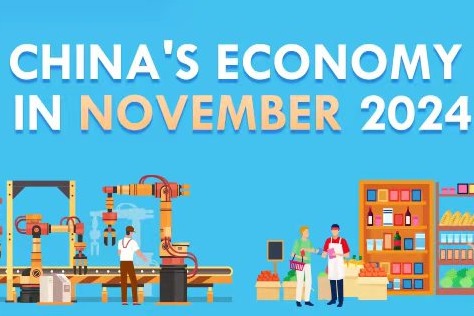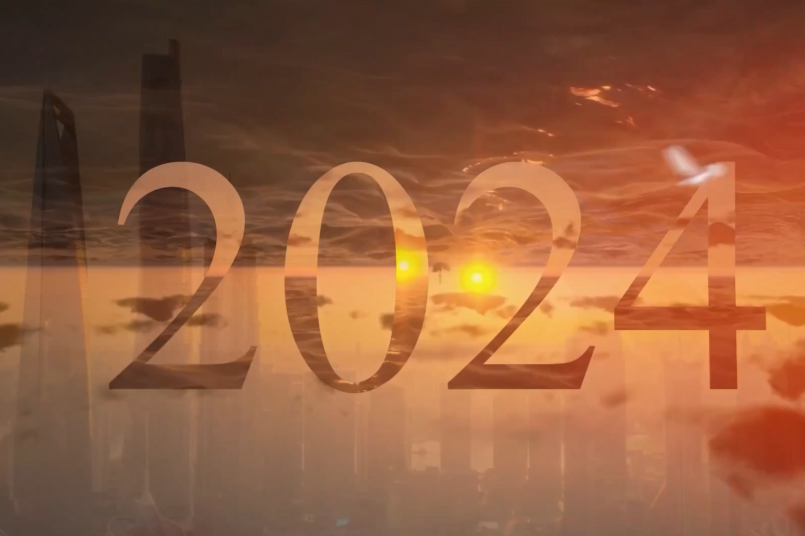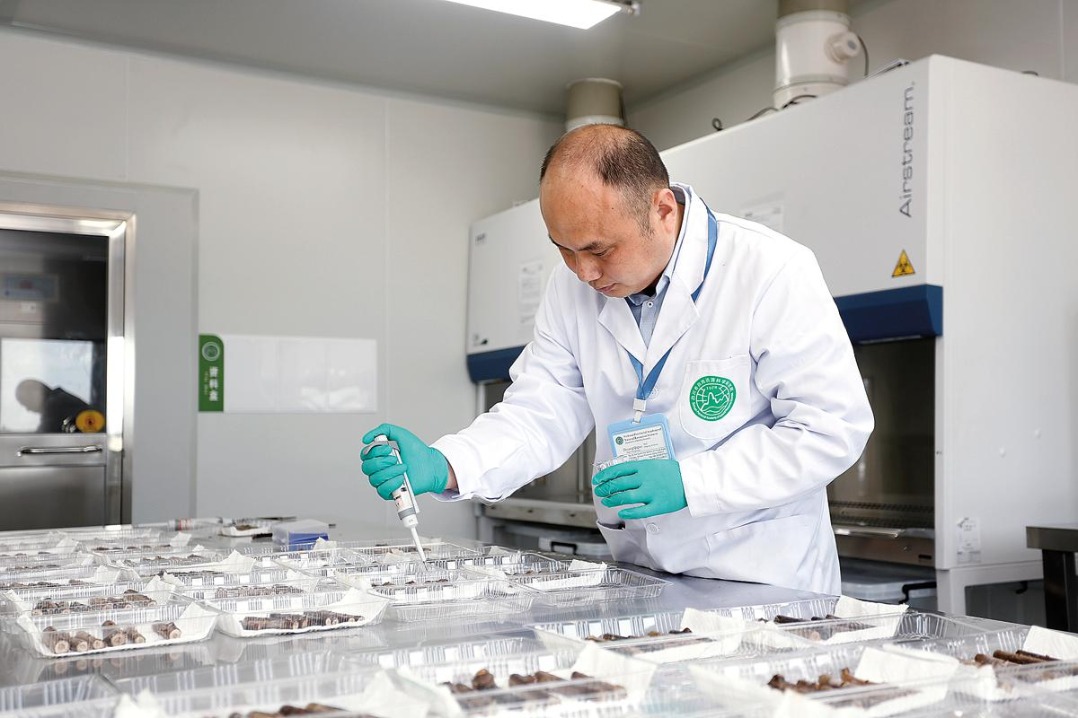Science on paper cuts, mushrooms, beer awarded

Three physicists from the Technical University of Denmark who demonstrated that paper with a thickness of 65 micrometers is most likely to cause paper cuts won the Physics Prize of the 2024 Pineapple Science Award on Saturday.
Paper used in academic journals and dot matrix printer paper is close to this thickness. When such paper was picked up using artificial fingers, it caused a cut once every five attempts. In contrast, common A4 printer paper is about 100 micrometers thick.
The experiment conducted by Kaare H. Jensen and his team was reported by British media in June. The scientists used papers with thicknesses ranging from 30 to 220 micrometers, cutting artificial fingers made from ballistic gel at different angles repeatedly. Ballistic gel, primarily composed of animal protein, effectively simulates the toughness of human skin.
To commend the curiosity and inquisitive spirit of Jensen and his team, the 2024 Pineapple Science Award, guided by the Zhejiang Association for Science and Technology and hosted by the Zhejiang Science and Technology Museum, awarded them the Physics Prize in Hangzhou, capital of Zhejiang province.
The Pineapple Science Award is a public science communication event that has been held annually since 2012, aiming to encourage curiosity with scientific, educational and entertaining popular science content and forms. Organizers solicit imaginative scientific research findings and events, and a jury of scientists selects 10 winning projects, according to the organizing committee.
To date, five Nobel laureates and more than a dozen academicians from the Chinese Academy of Sciences and the Chinese Academy of Engineering have attended the event.
This year's Award of Scientific Event was given to Zhao Qi from the Kunming Institute of Botany, CAS and Deng Lixing from Deqing, Zhejiang.
In July, Deng posted on social media that an apple she left on her windowsill had sprouted a white mushroom from its stem.
Xu Rongju, a doctoral student who was a member of Zhao's team, saw the mushroom and sent a private message to Deng, hoping to purchase the apple for research.
"The mushroom-growing apple was useless to me, so I decided I might as well do a good deed and give it to scientists for research, letting the apple mushroom go to someone who can use it," Deng said.
Xu said that based on online images, the apple had sprouted a split gill mushroom, a well-known edible fungus in Southeast Asia.
"In order to reproduce, split gill widely disperses its spores, and with the influence of atmospheric circulation, it is distributed worldwide. As long as the humidity is suitable, it will seize the opportunity to reproduce," Xu said.
The fact that this strain grew so robustly on minimal substrate can provide a reference for the future breeding of split gill strains, he added.
"China is one of the most advanced countries in the mushroom industry. We are the only lab in the world that has sent mushrooms to space, so we should do these things even better," Xu said.
A month later, the first batch of offspring from the apple mushroom was obtained through isolation and cultivation. Researchers sent some of the cultivated split gill back to Deng for tasting.
By September, Zhao's team had received 18 types of split gill mushrooms from 12 different locations.
Another award went to a team led by Jiang Lei, an academician of the CAS who discovered from a microscopic perspective that different alcohol concentrations and mixtures of ethanol and water form different molecular structures, making icy beer taste better.
- Former deputy manager of State-owned enterprise repatriated to China
- China harvests thriving rural life with agricultural strides
- Uzbek student's journey at the 2024 World Vocational and Technical Education Development Conference
- See the innovative creations brought by a Thai student to the Luban Workshop
- Former senior official of Beijing Grain Group repatriated to China
- Yanji Yangtze River Bridge under construction in China's Hubei



















